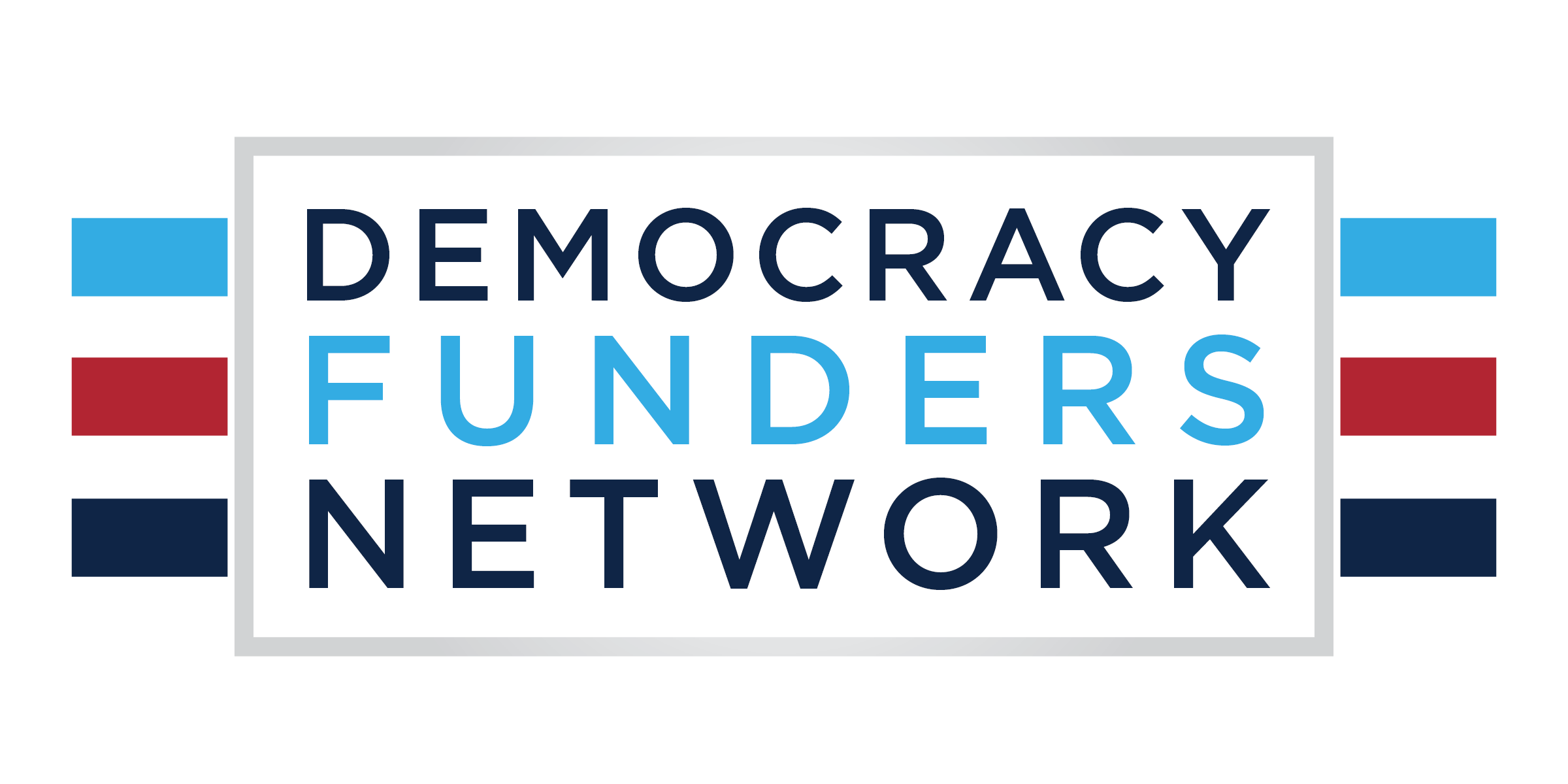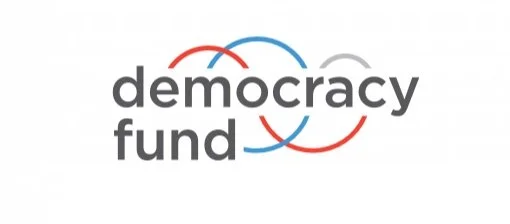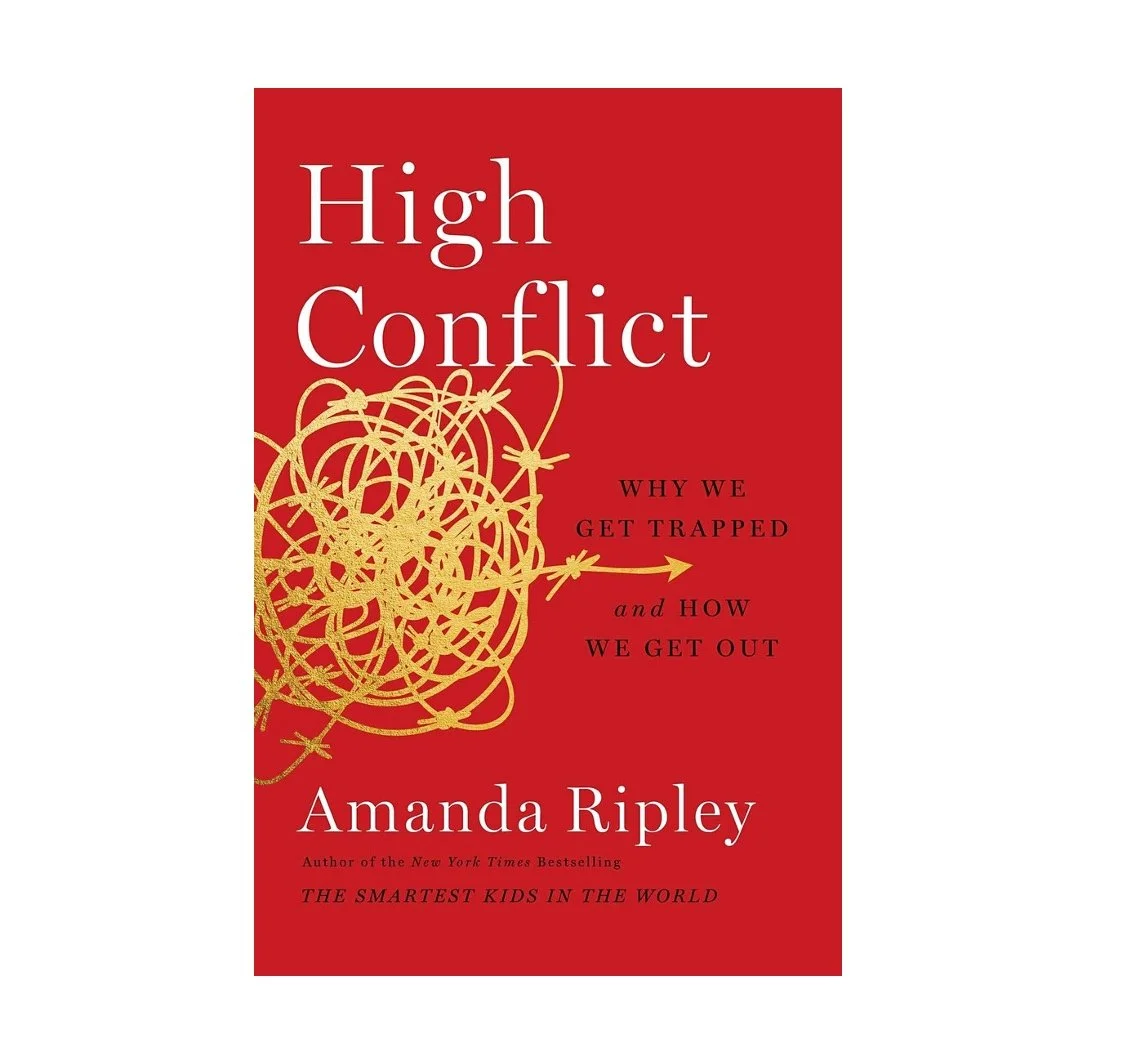
Including Rural America In A Philanthropic Agenda For Democracy
Rural communities are home to nearly 20% of the people in the United States but receive only 7% of US foundation funding. While election year dynamics in particular tend to train many democracy donors’ attention to the states and cities where most Americans live (particularly swing districts), we can’t truly talk about a healthier democratic future without including America’s rural communities in the conversation.
Rural America is not a monolith. It is a deeply diverse community that represents many of America’s points of identity and success as a country. At the same time rural America has experienced a pervasive lack of investment that has led to high levels of distrust and low levels of civic infrastructure. The resulting impact is a rural America that is 25% more likely to live in poverty and actually face higher mortality and incarceration rates than their urban counterparts. Anti-democratic forces recognize these challenges and are capitalizing on rural disaffection to frame the enemy of the rural working class as immigrants, people of color, and coastal elites who are quick to discount “flyover country.” A study by the Voter Study Group found that the more rural a voter’s community was, the more likely a voter was to believe that Donald Trump won the 2020 election.
Against this backdrop, rural Americans maintain disproportionate political influence. By 2040, 70 percent of the Senate will be elected by just 30 percent of Americans. If we don’t authentically include rural revitalization in a democracy agenda, we are missing a key part of the equation and reinforcing the perception that national institutions and elites discount the lives and importance of rural communities. We must listen to the diverse perspectives of those on the ground in rural America to ensure a forward-looking democracy agenda is responsive to their needs.
In this program, participants will hear from leading rural funders and practitioners on why rural America is important to the future of American democracy, and why a philanthropic agenda for rural investment needs to extend far beyond building constituencies that can impact election results to improve the long-term civic health of rural communities.




















